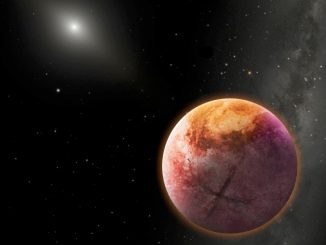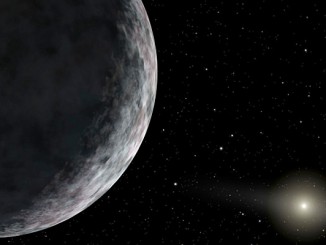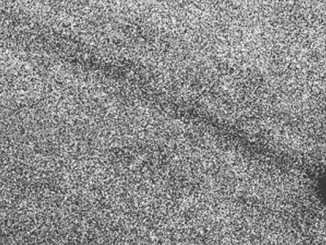
Hunt for Planet 9 reveals extremely distant solar system objects
In the race to discover a proposed ninth planet in our solar system, astronomers are conducting the largest, deepest survey for objects beyond Neptune and the Kuiper Belt. Nearly 10 percent of the sky has been explored to date using some of the largest and most advanced telescopes, revealing several never-before-seen objects at extreme distances from the Sun.



